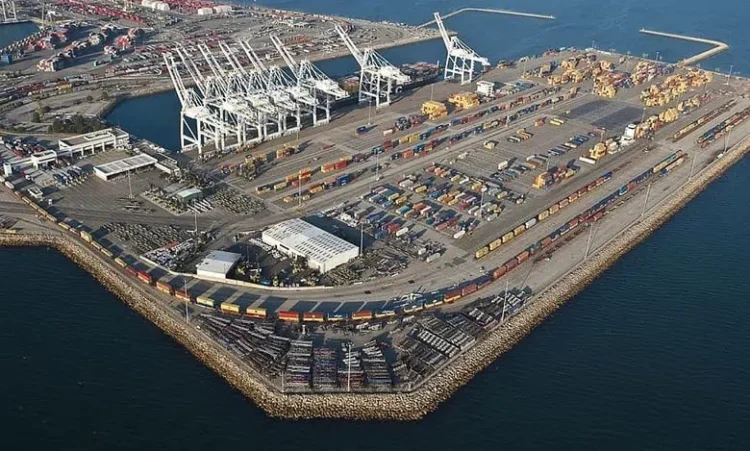On Friday, India emphasized the broader benefits of its long-term agreement with Tehran on the Chabahar port project, urging against a “narrow view” of the deal. The statement came from Ministry of External Affairs spokesperson Randhir Jaiswal, following a U.S. warning of potential sanctions after the agreement was signed.
India and Iran inked a 10-year agreement on Monday, granting India operational control over the Chabahar port. Located in Iran’s southern Sistan-Balochistan province, the port is seen as a crucial hub for enhancing connectivity and trade in the region, especially benefiting landlocked Afghanistan and Central Asia.
Jaiswal highlighted India’s commitment to the port, noting that “India’s commitment towards the Chabahar port is to realize its potential as a connectivity hub for Afghanistan and Central Asian countries, which are landlocked.” He added that India Ports Global Limited has been operating the port since 2018 under an interim lease, and the new long-term agreement is essential for continued port operations.
“Since then, we have provided humanitarian assistance, including 85,000 metric tons of wheat, 200 metric tons of pulses, and 40,000 liters of pesticide Malathion, to Afghanistan through this port,” Jaiswal stated.
The spokesperson also pointed out the U.S. acknowledgment of the port’s significance. “The US has shown an understanding of the importance of the Chabahar port operations for continued humanitarian supplies to Afghanistan and to provide Afghanistan with economic alternatives,” he said.
External Affairs Minister S. Jaishankar had earlier echoed this sentiment, asserting that a narrow perspective on the agreement should be avoided, as the project will benefit the entire region. Jaiswal reiterated this position, emphasizing the larger relevance of the Chabahar project, particularly in the context of humanitarian efforts in Afghanistan.
The Chabahar port, being developed jointly by India and Iran, aims to enhance regional connectivity and trade ties, underscoring its strategic and humanitarian importance despite the geopolitical challenges.

















Comments